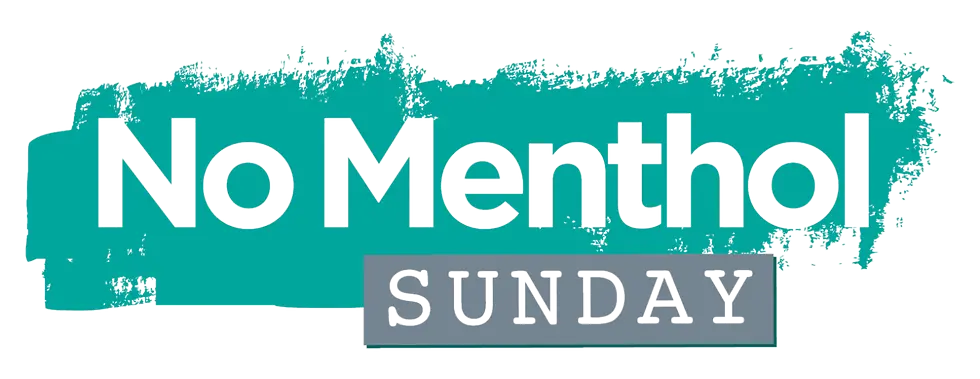E-cigarette Use and Vaping on College and University Campuses: A Timely Call to Action
- Sally Herndon
- Feb 11, 2021
- 2 min read
Updated: Feb 17, 2021

The American College Health Association’s White Paper “Addressing E-cigarette Use and Vaping on College and University Campuses” could not have come at a better time. E-cigarette use among youth and young adults is a major public health concern. The white paper reports that from 2017 to 2019, e-cigarette use among high school students rose by 135 percent. In 2019, over 5 million middle and high school students used e-cigarettes – an alarming increase of nearly 3 million more students in two years.
E-cigarettes are the most frequently used tobacco product among students entering college. Young people who use e-cigarettes are more likely to use combustible cigarettes and suffer from polydrug use. In 2019-2020, the nation saw more than 2,500 hospitalized patients and 60 deaths from e-cigarette and vaping lung injury (EVALI). Younger age was significantly associated with acquiring THC-containing and nicotine-containing products through informal sources that was linked to this health crisis. Now amid a COVID pandemic, research shows that smoking clearly increases the risk of hospitalizations and death from COVID-19.
One of the best ways to begin preparing to address tobacco use in college is to engage students, staff, and visitors in a process to make the campus 100% tobacco-free while offering evidence-based tobacco treatment to students and staff and the broader community served by the college or university. The Duke-UNC Tobacco Treatment Specialist Training Program can assist college health personnel stay up-to-date on this rapidly evolving e-cigarette health threat from new and emerging tobacco products. This course can also help college health personnel prepare to reopen safely—as we emerge from the current COVID pandemic—for students, staff, and visitors by adopting a 100% tobacco-free policy and a proactive plan to help tobacco users successfully quit all tobacco use.
The Duke-UNC Tobacco Treatment Specialist Training Program trains health professionals to provide evidence-based treatment for tobacco use and dependence. The program provides an impactful educational experience for a wide variety of professionals, including clinicians, nurses, pharmacists, social workers, public health policy-makers, and more.
Participants in our virtual training earn up to 28.75 hours of CME credit and are prepared to pursue their National Certificate in Tobacco Treatment Practice (formerly Certified Tobacco Treatment Specialist, or CTTS). Our comprehensive curriculum is provided as a dynamic and interactive virtual experience over the course of 2 weeks, with a focus on problem-based learning activities, applied practice problems, and tobacco treatment program implementation.
Registration is open for Duke-UNC TTS trainings in March and June 2021. Visit our website to learn more or register. Ask us about our early bird tuition discounts and partial scholarships!





This article highlights the urgent need for colleges to address e-cigarette use among students. The alarming rise in usage and associated health risks, including EVALI and COVID-19 complications, makes a 100% tobacco-free campus policy essential. Programs like the Duke-UNC Tobacco Treatment Specialist Training offer valuable tools to combat this growing public health challenge effectively.